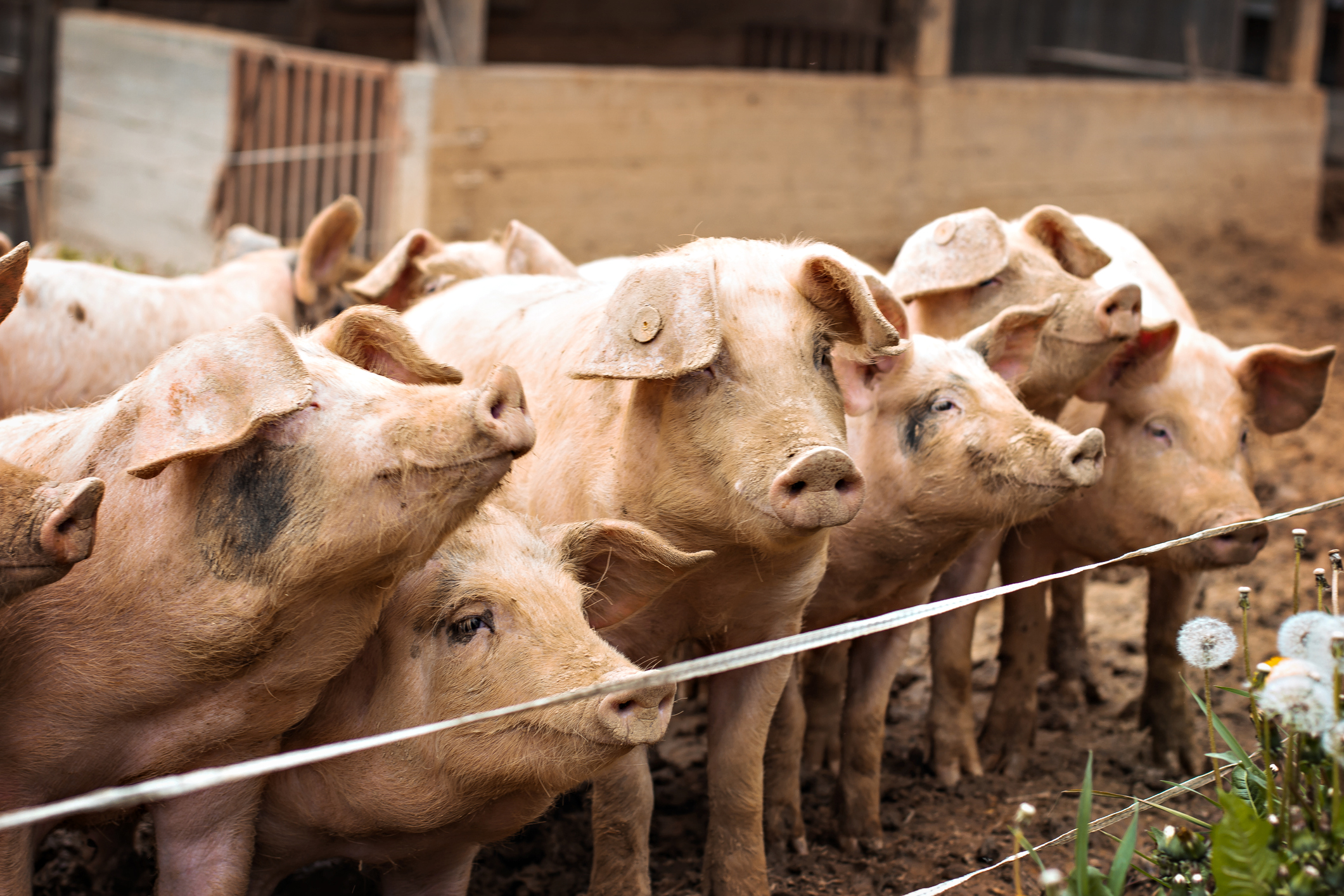Could pigs solve the organ donor shortage?


A free daily email with the biggest news stories of the day – and the best features from TheWeek.com
You are now subscribed
Your newsletter sign-up was successful
Every day, 20 Americans die waiting for an organ transplant.
Scientists have long tried xenotransplantation — using organs from other species in humans — to combat a short supply of organ donors, with little success. But this method is seemingly on the verge of a massive breakthrough, and it could provide "a definitive solution to the organ crisis," a transplant researcher tells The New York Times Magazine.
The first attempt at xenotransplantation came in 1984, when doctors replaced a newborn's failing heart with a baboon's. The baby lived less than three weeks, but the story inspired a new generation of xenotransplantation researchers who are focused less on primates and more on inbred, pathogen-free pigs, per the Times Magazine.
The Week
Escape your echo chamber. Get the facts behind the news, plus analysis from multiple perspectives.

Sign up for The Week's Free Newsletters
From our morning news briefing to a weekly Good News Newsletter, get the best of The Week delivered directly to your inbox.
From our morning news briefing to a weekly Good News Newsletter, get the best of The Week delivered directly to your inbox.
Given primates' long breeding cycles, using them to essentially create an organ farm wasn't sustainable. But pigs ordinarily have multiple piglets in less than four months, and they're "uncannily humanlike in organ size and function," the Times Magazine notes. The main xenotransplantation complication came from humans' and pigs' divergent immune systems, which meant a human would probably reject swine tissue.
That's where Columbia University immunologist David Sachs' pathogen-free swine farm comes in. Sachs' pigs are genetically engineered so their organs grow to "about the same size as a human's," the Times Magazine writes, and Sachs says they're "very likely the most inbred large animals on Earth." Those swine, combined with what scientists call "brute-force immunotherapy," could lead to success in the first "pig-to-human skin graft" slated for later this month. If it's successful, a full kidney replacement for dialysis patients will come next. Read more at The New York Times Magazine.
A free daily email with the biggest news stories of the day – and the best features from TheWeek.com
Kathryn is a graduate of Syracuse University, with degrees in magazine journalism and information technology, along with hours to earn another degree after working at SU's independent paper The Daily Orange. She's currently recovering from a horse addiction while living in New York City, and likes to share her extremely dry sense of humor on Twitter.
-
 5 cinematic cartoons about Bezos betting big on 'Melania'
5 cinematic cartoons about Bezos betting big on 'Melania'Cartoons Artists take on a girlboss, a fetching newspaper, and more
-
 The fall of the generals: China’s military purge
The fall of the generals: China’s military purgeIn the Spotlight Xi Jinping’s extraordinary removal of senior general proves that no-one is safe from anti-corruption drive that has investigated millions
-
 Why the Gorton and Denton by-election is a ‘Frankenstein’s monster’
Why the Gorton and Denton by-election is a ‘Frankenstein’s monster’Talking Point Reform and the Greens have the Labour seat in their sights, but the constituency’s complex demographics make messaging tricky
-
 Nobody seems surprised Wagner's Prigozhin died under suspicious circumstances
Nobody seems surprised Wagner's Prigozhin died under suspicious circumstancesSpeed Read
-
 Western mountain climbers allegedly left Pakistani porter to die on K2
Western mountain climbers allegedly left Pakistani porter to die on K2Speed Read
-
 'Circular saw blades' divide controversial Rio Grande buoys installed by Texas governor
'Circular saw blades' divide controversial Rio Grande buoys installed by Texas governorSpeed Read
-
 Los Angeles city workers stage 1-day walkout over labor conditions
Los Angeles city workers stage 1-day walkout over labor conditionsSpeed Read
-
 Mega Millions jackpot climbs to an estimated $1.55 billion
Mega Millions jackpot climbs to an estimated $1.55 billionSpeed Read
-
 Bangladesh dealing with worst dengue fever outbreak on record
Bangladesh dealing with worst dengue fever outbreak on recordSpeed Read
-
 Glacial outburst flooding in Juneau destroys homes
Glacial outburst flooding in Juneau destroys homesSpeed Read
-
 Scotland seeking 'monster hunters' to search for fabled Loch Ness creature
Scotland seeking 'monster hunters' to search for fabled Loch Ness creatureSpeed Read
